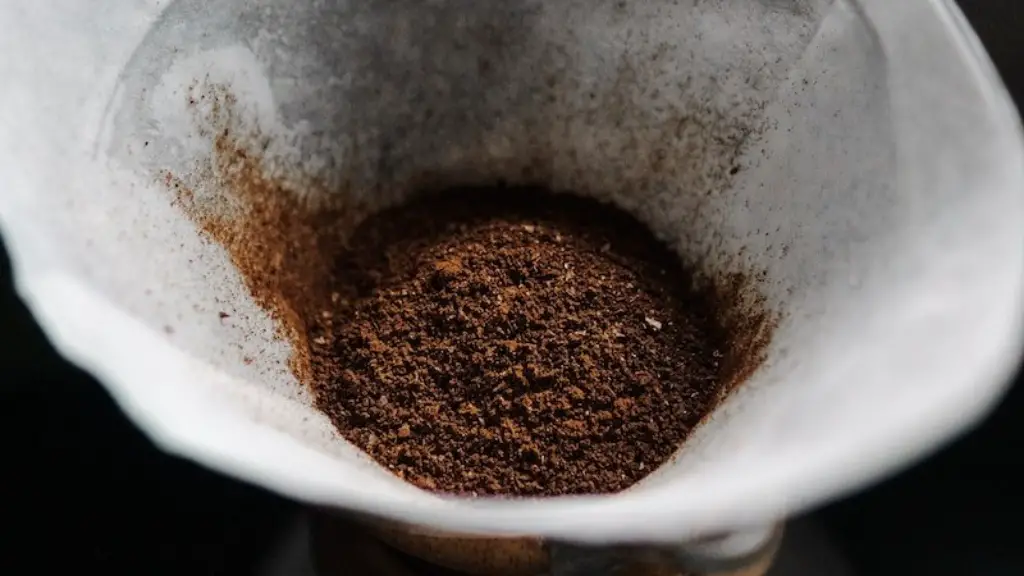What Exactly Are Kidney Stones?
Kidney stones are small, hard stones that form in one or both of the kidneys made of minerals and salts of the urine. Kidney stones are usually caused when certain substances in the urine, such as calcium oxalate, get concentrated, allowing the stones to form. Other substances that may form the stones include uric acid, cystine, and struvite. Kidney stones can range from the size of a grain of sand to golf ball size or occasionally even larger. People may not be aware of having a kidney stone because many stones will pass in the urine without causing any pain or discomfort.
Caffeine and Kidney Stones
There is no definitive answer as to whether one should abstain from drinking coffee or caffeinated beverages if they have kidney stones. Studies suggest that both drinking and not drinking coffee can increase the risk of developing kidney stones. Caffeine increases the production of urine and therefore the output of calcium oxalate, which can in turn lead to the formation of kidney stones. However, there is evidence to suggest that coffee consumption may help to decrease the risk of calcium oxalate stone formation. According to researchers, caffeine also acts as a ‘ureteric dilator’, helping to reduce pressure on the ureter — the tube that connects the kidney to the bladder. This is beneficial for the prevention and passage of kidney stones.
What do Experts advise?
Experts generally advise people with kidney stones to limit their intake of caffeine. The National Kidney Foundation states that the best way to reduce the risk of developing kidney stones is to drink plenty of water and other fluids to flush out the minerals, salts, and pollutants that can form stones. If someone is suffering from kidney stones, they should also limit their intake of salt and refined sugar. Although many studies suggest that coffee may actually reduce the risk of developing kidney stones, the experts recommend caution and advise those who are prone to getting kidney stones to talk to their doctor or dietitian and consider the benefits and risks before deciding to drink it.
Who is Most Likely to Develop Kidney Stones?
People who are at an increased risk of developing kidney stones include those with a family history of kidney stones, people who have had kidney stones previously, people who have certain metabolic disorders, people who have had certain kinds of surgery, and people who have certain diseases such as gout and diabetes. Men are more likely to suffer from kidney stones than women, and people living in tropical areas are also more likely to experience kidney stones.
Symptoms of Kidney Stones
The most common symptom of kidney stones is severe pain in the lower back or side, as the stone leaves the kidney or travels down the urinary tract. Other symptoms may include nausea, vomiting, and a burning sensation during urination. In some cases, blood in the urine may also be present. In general, the symptoms will vary depending on the size and location of the kidney stones.
Medical Treatments for Kidney Stones
In most cases, the best way to treat a kidney stone is to allow it to pass out of the body on its own by drinking plenty of fluids and taking certain medications. These medications include diuretics, which help to increase the amount of urine and reduce the risk of the stone getting stuck. In some cases, a person may need to undergo a procedure such as lithotripsy or ureteroscopy to break down and remove the stone. In very rare cases, a person may require surgery in order to remove the stone.
Home Remedies for Kidney Stones
In addition to medical treatments, there are also some home remedies that can be used to help treat kidney stones. These include drinking plenty of water to help flush the kidneys, avoiding foods high in sodium, and avoiding foods and beverages such as beer and coffee. Other home remedies that may be helpful include taking herbs such as green tea, lemon juice, and dandelion root, which have been shown to help dissolve stones.
Preventing Kidney Stones
The best way to prevent the formation of kidney stones is to drink plenty of water throughout the day. Staying hydrated helps to flush out the mineral salts and pollutants that can contribute to the formation of the stones. Eating a balanced diet and avoiding foods high in sodium and refined sugar can also help to reduce the risk of kidney stone formation.
Dietary Changes for Patients with Kidney Stones
If someone has had kidney stones, they may need to make some dietary changes in order to reduce their risk of developing further stones. Experts advise that people who suffer from kidney stones should reduce their consumption of animal proteins, sodium, and refined sugar. Eating plenty of fruits and vegetables that are rich in fiber can help to reduce the risk of kidney stones. Drinking plenty of water throughout the day is also very important for people who suffer from kidney stones.
Exercising and Lifestyle Changes
Making lifestyle changes such as regular exercise, limiting alcohol consumption, quitting smoking, and getting enough rest can also help to reduce the risk of developing kidney stones. Exercise helps the body flush out excess minerals and salts, while limiting alcohol consumption and quitting smoking can help to reduce pressure on the kidneys. It is also important to get enough rest, since fatigue can make the body more prone to developing a kidney stone.
Seeking Medical Help
People who think they may be suffering from kidney stones should seek medical help immediately. The doctor or healthcare provider may recommend a variety of tests to diagnose the condition, including urine tests, imaging tests, and blood tests. Treating kidney stones can involve both over-the-counter medications, as well as more invasive treatments such as lithotripsy or ureteroscopy. It is very important for people with kidney stones to follow their doctor’s advice in order to prevent further stones from forming.


